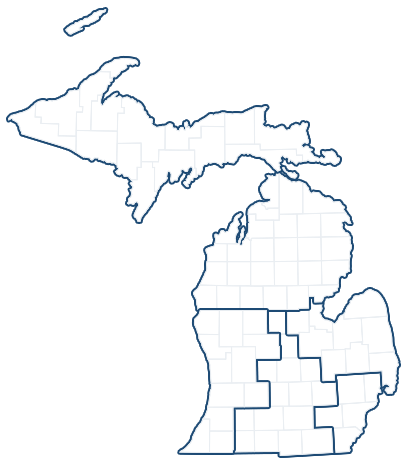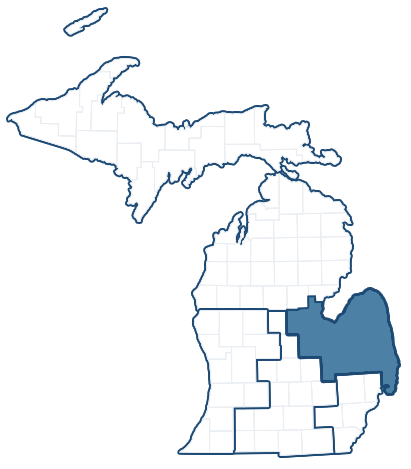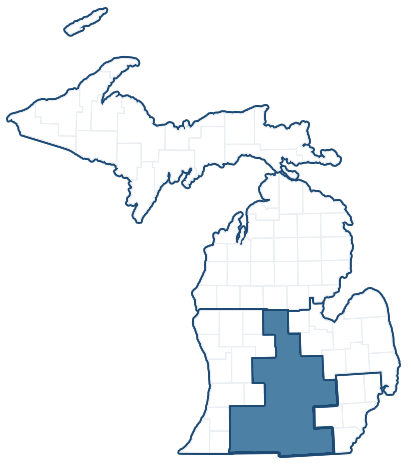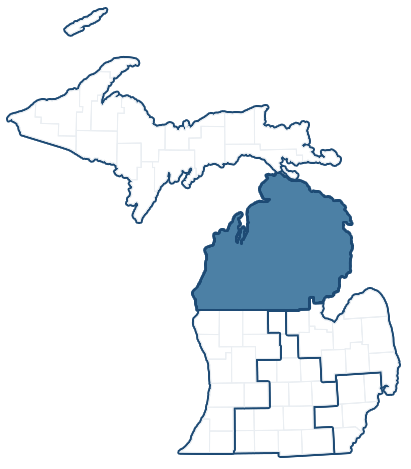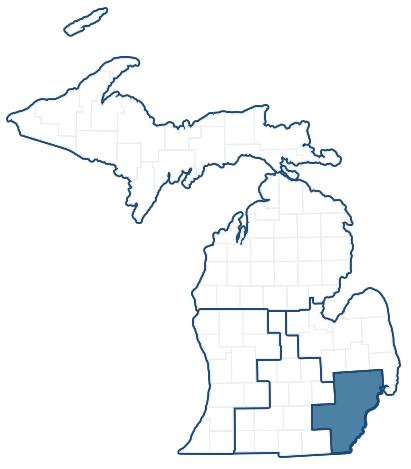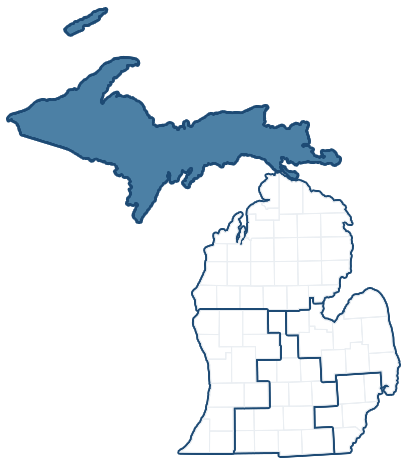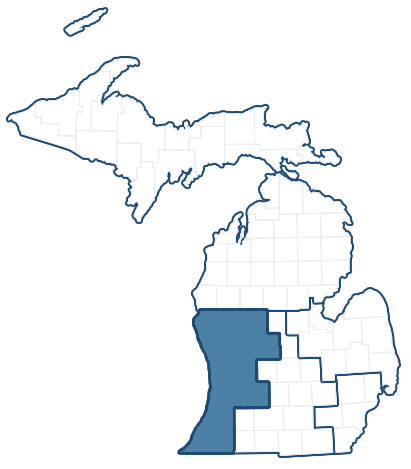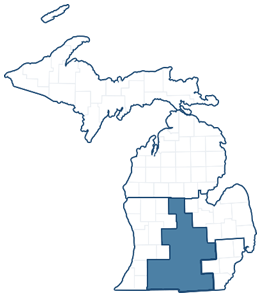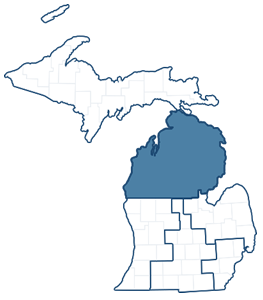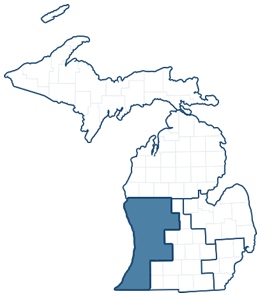Senators Stabenow, Blunt Lead Mental Health Initiative in Bipartisan Proposal
Sunday, June 12, 2022Bipartisan Proposal Expands Community Mental Health and Addiction Services Nationwide, Invests in School-Based Mental Health Support, Transforms the Way We Fund Community Behavioral Health Services
WASHINGTON—U.S. Senators Debbie Stabenow (D-MI) and Roy Blunt (R-MO) today announced their bipartisan bill to expand high-quality mental health and addiction services nationwide is included in the Senate bipartisan proposal. Their initiative provides every state with funding for Certified Community Behavioral Health Clinics in their communities—building on a successful effort that has shown results across the country. The clinics will be reimbursed through Medicaid for the full cost of providing services—the same way we fund community health centers for physical care. Senators Stabenow and Blunt created these community clinics through the Excellence in Mental Health and Addiction Treatment Act, which became law in 2014.
“Our mental health care and addiction initiative is a proven success story. We are finally transforming the way we deliver high-quality services in our communities and the results are clear. This bipartisan proposal builds on our work and will make sure health care above the neck is funded the same way as health care below the neck. It’s time to get this across the finish line and expand these highly successful clinics to people in every corner of our country,” said Senator Stabenow.
“Making sure people who are experiencing a mental health crisis can get treatment before they harm themselves or others is critically important to preventing another tragedy,” said Senator Blunt. “The Excellence in Mental Health Act, which created Certified Community Behavioral Health Clinics, is a proven model for ensuring access to care quickly and close to home. For too long, emergency rooms and law enforcement have served as the de facto mental health care delivery system in our country. CCBHCs are changing that, providing crisis intervention support to police officers and comprehensive, ongoing care for those who need it. It is important to remember that people who do have a mental health issue are more likely to be the victim of a crime than the perpetrator. We want to be sure that mental health care is not only available, but that we are encouraging people to seek care without the fear of stigmatization. This bipartisan proposal builds on the progress we have made and ensures community-based access points to care will be available over the long term. It will help keep people safe while protecting the constitutional rights of law-abiding Americans, and I urge our colleagues to give it their full consideration.”
Certified Community Behavioral Health Clinics are required to provide a comprehensive set of services including 24/7/365 crisis services; outpatient mental health and substance abuse treatment services; immediate screenings, risk assessments, and diagnoses; and care coordination including partnerships with emergency rooms, law enforcement, and veterans groups.
A report authored by the National Council for Mental Wellbeing, shows that these community clinics are increasing access to high-quality mental health and addiction treatment that is making a difference in the lives of thousands of people in communities across the country.
Statistics from the Department of Health and Human Services show that people who received services at these clinics:
· Had 63.2% fewer emergency department visits.
· Spent 60.3% less time in jails.
· Saw a 40.7% decrease in homelessness.
· Also, 84% of these clinics either already provide direct services on site at elementary, middle, and high schools or plan to in the future.
The proposal invests in programs to expand mental health and supportive services in schools, including early identification and intervention programs and school based mental health and wrap-around services. The proposal also invests in programs to increase access to mental and behavioral health services for youth and families in crisis via telehealth.
###
Next Article Previous Article



